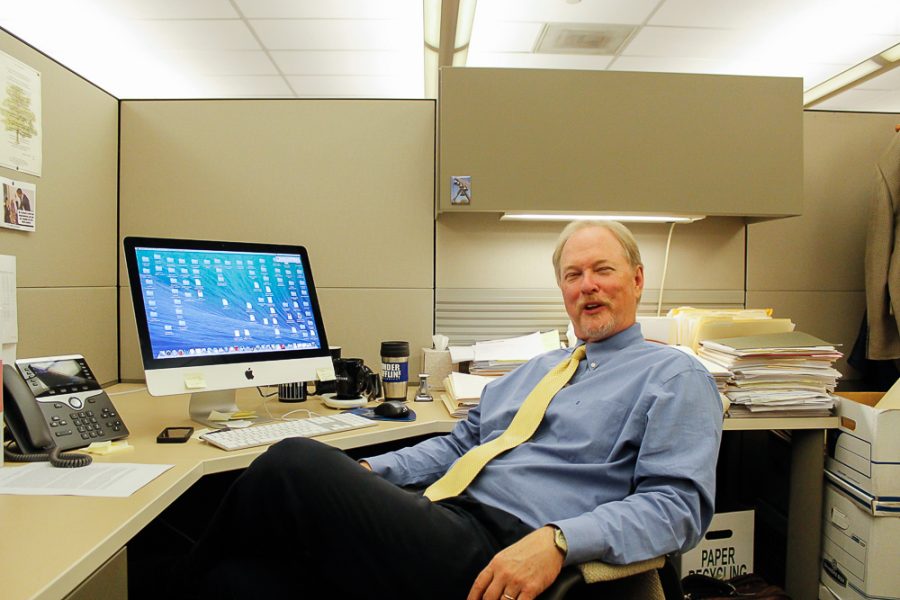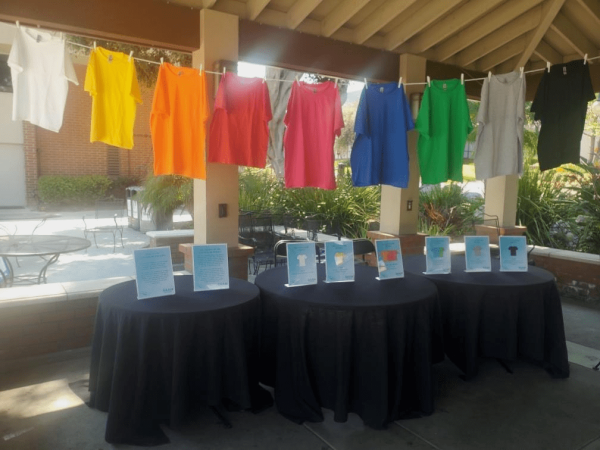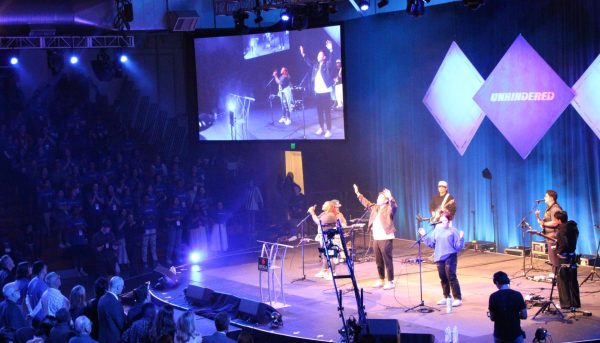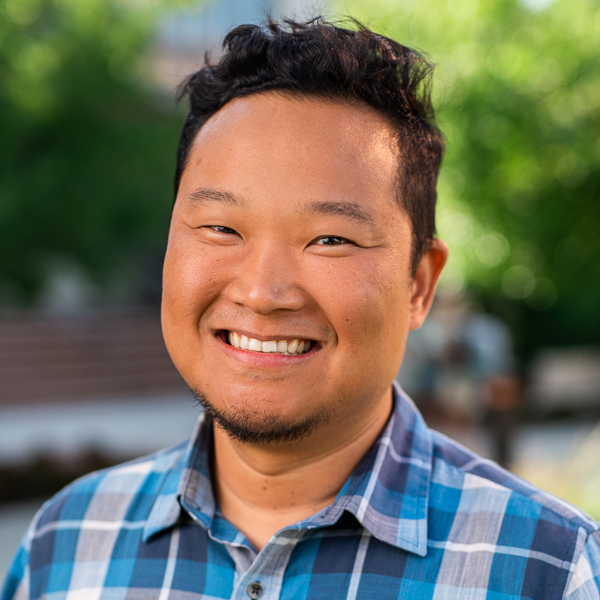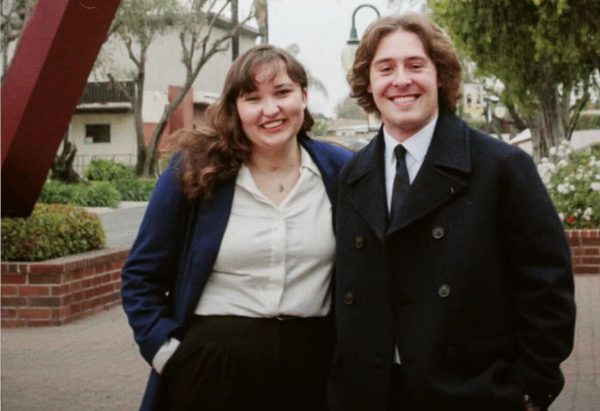Birth control case taken on by SCOTUS
On Nov. 6, the Supreme Court combined seven separate birth control lawsuits filed against the Department of Health and Human Services.
November 12, 2015
A federal district court has denied a lawsuit filed by Biola that would allow them to not offer contraceptives for full-time employees and students receiving university health care.
Seventh Circuit Court
A Seventh Circuit Court panel of three justices voted in a 2-1 decision in favor of the Department of Health and Human Services (HHS) in a lawsuit filed by Biola University and Grace College and Theological Seminary through Alliance Defending Freedom.
The Supreme Court of the United States consolidated seven different cases from religious nonprofits on Nov. 6, but this did not include Biola or Grace. The decision on these cases will be made in June 2016.
The lawsuit was filed in objection to the federal government’s requirement under the Affordable Care Act to provide coverage for all FDA-approved contraceptives, including emergency contraception. While Biola has no qualms against contraceptives, they filed suit against the HHS due to Plan B, Ella and other morning-after pills.
The Original Suit
The original suit filed against the HHS occurred in August 2012, where the Federal District Court prevented the HHS from enforcing the requirement at the end of 2013, to which the HHS appealed to the 7th Circuit Court of Appeals. Over 40 cases have been filed throughout the United States, said Jerry Mackey, Biola University’s legal counsel.
If passed, the legislation would have impacted university employees who work 30 or more hours and students who receive health insurance through Biola, Mackey said.
“It’s really not you triggering the coverage, it’s the federal government saying that [they’re] mandating that your insurance company cover [contraceptives],” Mackey said.
Biola is in the process of requesting that the Seventh Circuit Court reviewed voting decision, Mackey said.
A Hostile Environment
Religious nonprofits have filed lawsuits since one of the effects Plan B, the morning-after pill, and Ella, the week-after pill, can cause is a hostile environment for a fertilized egg, forcing the body to self-abort, said Jeanette Kuiphof, president and CEO of the Women’s Pregnancy Care Clinic in Pasadena and Whittier.
“Conception occurs the moment a sperm enters the egg…everything is there in that moment necessary for human life. It’s just simply a matter of growth and development,” Kuiphof said. “So your plan B…stops the implantation, it doesn’t stop the development of the fetus but will work on making the environment hostile so that the body aborts.”
Governor Jerry Brown signed law AB 775 on Oct. 9, 2015, requiring licensed crisis pregnancy centers to provide information on abortion, which will go into effect Jan. 1, 2016. The Women’s Pregnancy Care Clinic has also filed a suit against California with support from the Alliance Defending Freedom.
Opinions
Faith Robinson, freshman biology major, doubts the Supreme Court will allow religious nonprofits to have insurance without contraceptives, but hopes the Court will reconsider due to the separation between church and state.
“I think in this country right now just the way it’s going, it probably won’t get overridden just cause the whole ‘when life starts’ is very ambiguous to a lot of people,” Robinson said. “So I think that just according to that it will probably go the way of ‘No you have to [provide contraceptives],’ but I would personally like it to go the other way just because I’m very big on the separation of church and state.”


